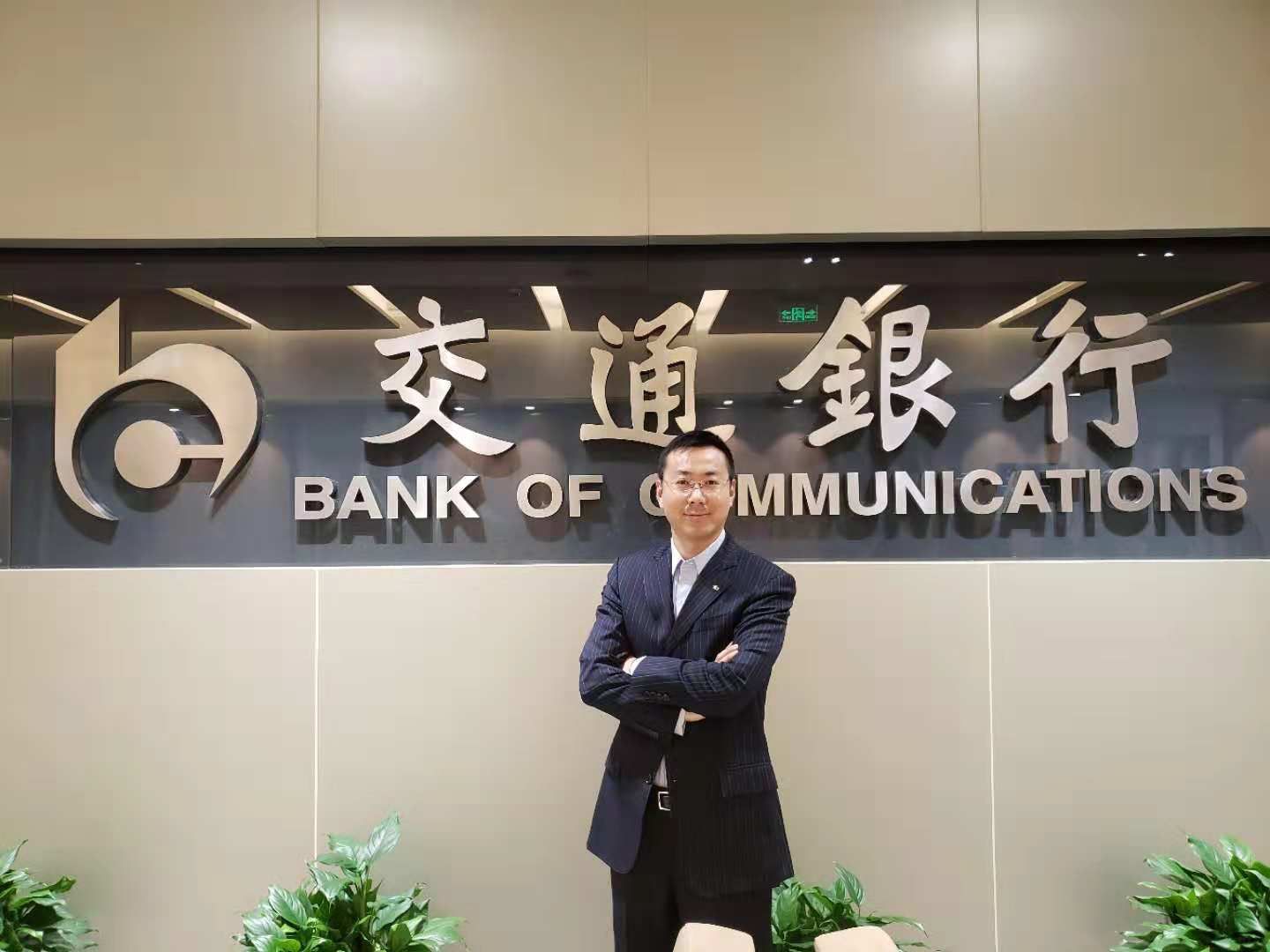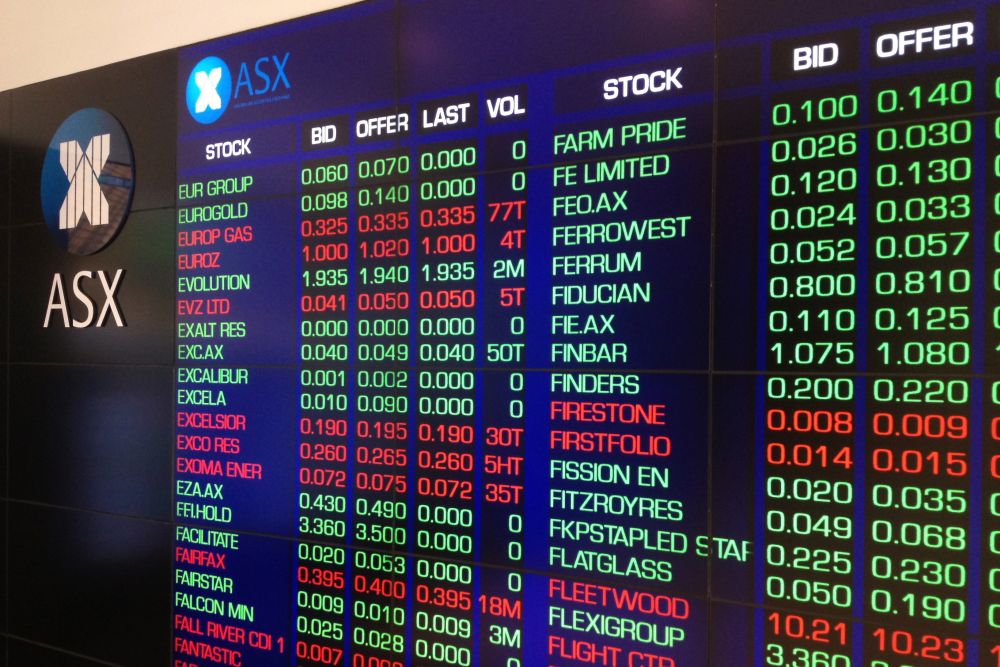
China's securitization market recently saw a landmark deal in which blockchain technology was first utilized in capital markets. This development undoubtedly adds momentum to the burgeoning Chinese asset-backed securities market, Asia's largest.
The residential mortgage-backed securities (RMBS), originated by Bank of Communications (BOCOM), are the first such asset-backed securities (ABS) with all information of the notes and underlying assets uploaded to the blockchain in China, and one of the first in Asia.
"If you look at the history of the great financial crisis in 2008, the asymmetric information in securitization products such as collateralized debt obligation squared (CDO-squared) was one major trigger of the crisis. Investors have no understanding of the underlying assets," explains Wei Chen, president of investment banking department at Bank of Communications in an interview with The Asset in Shanghai. "With blockchain technology in place, investors, accountants and lawyers are able to access the information of the underlying assets."
BOCOM securitized 9.314 billion yuan (US$1.35 billion) worth of mortgage receivables in three tranches in late September. A1 tranche (4 billion yuan) offers a coupon at 3.8% while A2 tranche (4.39 billion yuan) offers a 4.78% coupon, oversubscribed by 2.25 times and 2.36 times respectively.
Although RMBS are not a novelty in the Chinese market - the first RMBS was issued in 2005 - none of the preceding transactions utilized blockchain technology. Instead, the information of the issue and the underlying assets was in many cases only held by originators and underwriters. Under these circumstances, issues surrounding asymmetric information still exist in China's ABS market.
It is with respect to this fine detail that the BOCOM transaction differs: the in-house built blockchain platform, called "Jucai Chain", protects the recorded transaction details, making it difficult for any party to tamper with and forge the information. The platform shares and collects information to and from platform participants includes banks, securities firms, accounting firms, rating agencies and law firms. The blockchain technology also enables investors to "look through" the underlying credit in ABS system.
"The platform changes the way the financial institutions do asset registration, due diligence, product design, sales and distribution, and requires all information of the underlying assets uploaded to the blockchain during the life cycle." says Chen.
The deal is expected to become a blueprint in the market, in future utilising blockchain application in capital markets. Indeed, Chen confirms to The Asset that similar transactions backed by the same technology are already in the pipeline, in asset-backed notes (ABN) and collateralized loan obligations (CLOs) space.
"Although blockchain may not solve all problems surrounding asymmetric information, it greatly enhances the transparency in the market," says Chen. "The ABS market in China is still at an early stage and we haven't seen double layer structure yet. But we expected to see more complicated structures going forward."
BOCOM International Trust acted as the trustee for the BOCOM deal, while China International Capital Corporation (CICC) was mandated lead underwriter and bookrunner, with Haitong Securities, China Merchants Securities, Everbright Securities and ICBC acting as the joint underwriter. Shanghai Pudong Development Bank acted as the custodian bank while China Central Depository & Clearing Co acted as the paying agent. China Chengxin and China Bond Rating rated the two classes of notes open to investors, with both AAA rated.
With regards to the investors, joint commercial banks subscribed 57% of the total amount, while state owned banks bought 34% of the total issue, with the remaining 9% allocated to city commercial banks and rural commercial banks. Bank of Communications is the sole investor in the subordinate tranche (924 million yuan).
As of the end of September, 78 RMBS have been issued in China, representing a total valuation of 662.1 billion yuan. There were 33 RMBS issued in 2018 alone, representing a total valuation of 346.4 billion yuan.
The next goal, according to Chen, is to explore more use cases in the blockchain platform. "It is all about the economics of scale. As more data is uploaded, the marginal cost lowers," says Chen.









